Once known primarily for topping music charts and redefining pop stardom, Rihanna has rewritten her legacy — not with another hit single, but through the global power of her beauty brand. In 2025, she stands not just as an entertainer, but as a billionaire businesswoman whose empire is anchored in Fenty Beauty — a company now valued in the billions and shaking up the cosmetics world with the same unapologetic boldness that made her famous.
From inclusive foundation shades to strategic partnerships with luxury titan LVMH, Fenty is more than a brand — it’s a cultural force. But how exactly did Rihanna transition from the stage to the boardroom? And how much of her billion-dollar fortune is truly powered by beauty? To answer that, we need to look deeper into Fenty’s meteoric rise — and the mogul behind it.
Inside Fenty Beauty’s Meteoric Rise: From Disruptor to Dominator
Launching With Purpose – A Brand Born from Inclusion
When Fenty Beauty launched in 2017, it didn’t just introduce another celebrity cosmetics line — it ignited a reckoning. With 40 foundation shades out of the gate (now over 50), the brand unapologetically called out what the beauty industry had ignored for decades: people of color weren’t afterthoughts, they were the market. This wasn’t diversity as a trend — it was inclusion as a foundation.
Rihanna, who’d spent years mixing products backstage to match her complexion, built Fenty from lived experience. Her goal wasn’t to make everyone look the same, but to make everyone feel seen. The emotional resonance was immediate. Social media exploded with videos of people trying foundation that matched for the first time in their lives. Fenty wasn’t just makeup — it was validation.
For more on how Rihanna balances her music career with business ventures like Savage X Fenty, this overview tracks the full spectrum of her income streams.
Revenue Rockets – How Sales Grew Exponentially by 2025
What began as a bold debut quickly turned into a runaway success story. Fenty Beauty’s partnership with Sephora gave it premium shelf space and instant global reach, while its direct-to-consumer strategy — fueled by social media buzz and viral launches — kept the brand intimately connected to its fans. Limited-edition drops sold out in hours. Reviews poured in. Demand outpaced supply.
But this wasn’t hype — it was infrastructure. Strategic product rollouts, international expansion, and digital-first marketing drove sustained revenue growth. By 2025, analysts estimate Fenty’s valuation has soared past $2.8 billion, placing it in the upper echelon of the global beauty industry. From a fresh-faced disruptor to a full-blown market leader, Fenty didn’t just grow — it scaled with purpose.
To see how Fenty’s rise fits into Rihanna’s 20-year journey from singer to CEO, this timeline explores each financial milestone from 2005 to 2025.
Counting the Coins – How Much of Rihanna’s Fortune Comes from Fenty?
Ownership Structure: Rihanna’s Stake Explained
Rihanna doesn’t just endorse Fenty Beauty — she co-owns it. Through a joint venture with luxury conglomerate LVMH, she holds an estimated 50% stake in the brand, giving her both creative influence and a direct share in its profits. This partnership structure is rare in the beauty world, especially for a celebrity founder, and it means every leap in Fenty’s valuation directly boosts her net worth.
To explore how Rihanna’s overall net worth has grown alongside her business ventures, check out our deep dive into the $1.4 billion empire she’s built without dropping a new album.
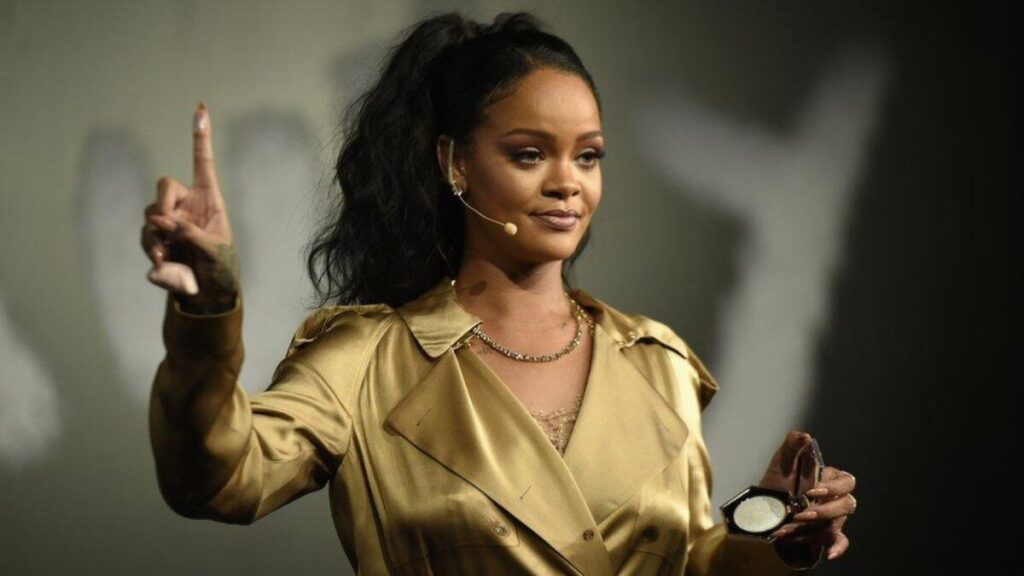
While her lingerie line, Savage X Fenty, also contributes to her empire, it’s Fenty Beauty — with its global distribution and massive margins — that anchors her financial power. Rihanna isn’t just a face on the box; she’s equity in action.
While Fenty Beauty anchors her net worth, Rihanna’s expanding real estate portfolio across Barbados, LA, and NYC adds further value to her empire.
Passive Income, Active Impact – Her Role as Owner vs. Operator
Rihanna may not be in boardroom meetings or managing logistics, but her fingerprint is everywhere in Fenty Beauty. She’s deeply involved in product development — from shade range decisions to campaign aesthetics — ensuring every launch reflects her values and vision. Her presence isn’t just promotional; it’s cultural. Fans trust the brand because they trust her.
This model of modern celebrity entrepreneurship goes beyond launch-day buzz. Rihanna’s ongoing creative input and cultural intuition help Fenty stay ahead of trends rather than chasing them. Ownership gave her power, but it’s active brand stewardship that’s cemented her legacy in beauty.
A Billionaire Among Billionaires – How Rihanna Stacks Up Against Her Peers
As of 2025, Rihanna’s net worth sits comfortably at an estimated $1.4 billion, placing her in elite company alongside entertainment titans like Kim Kardashian ($1.6B), Taylor Swift ($1.7B), and Beyoncé ($600M). But what sets her apart isn’t just the number — it’s how she got there.
While many celebrity fortunes are tied to endorsement deals, licensing agreements, or short-lived product lines, Rihanna’s wealth stems from owning a massive equity stake in a rapidly scaling company. Fenty Beauty isn’t her side hustle — it’s her cornerstone. Unlike Kylie Jenner, whose initial billionaire status was later disputed due to valuation inflation, Rihanna’s stake in Fenty comes from a joint venture with LVMH, one of the most credible and valuable luxury players on the planet.
This model — rooted in long-term ownership and brand authenticity — gives Rihanna a more stable and scalable wealth foundation than peers whose income is often tethered to touring schedules, brand deals, or fluctuating media cycles. Simply put, she’s not riding the wave — she helped build the surfboard.
For a detailed look at how Rihanna’s business approach differs from Beyoncé’s wealth-building strategy, don’t miss this mogul matchup analysis.
Beauty, Branding, and the Billionaire Blueprint
Why Fenty’s Model Works (and Others Don’t)
Fenty Beauty succeeded where many celebrity brands flounder because it was built on purpose, not just personality. While countless stars have slapped their names on perfumes or makeup lines, Fenty addressed a real market gap — inclusive beauty — with authenticity and intent. Rihanna didn’t just lend her image; she infused the brand with her lived experience and standards, from shade range to creative direction.
Compare that to flash-in-the-pan ventures like Jessica Alba’s short-lived Honest Beauty rebrands or failed influencer lines that lacked staying power. Fenty paired unmet demand with smart timing, premium positioning, and global reach through Sephora and LVMH. It feels less like celebrity merchandising and more like a cultural reset — because that’s exactly what it is.
The LVMH Factor – Corporate Backing With Cultural Relevance
Behind Fenty’s bold branding and cultural resonance is a quiet powerhouse: LVMH. As the world’s largest luxury conglomerate — parent to Dior, Louis Vuitton, and Givenchy — LVMH didn’t just fund Fenty, it gave it instant legitimacy. Their backing signaled to investors and industry insiders that Fenty wasn’t a vanity project — it was a serious player in prestige beauty.
But what made this partnership revolutionary was how it blended high fashion authority with Rihanna’s cultural clout. LVMH brought structure, scale, and retail dominance; Rihanna brought authenticity, inclusivity, and a fiercely loyal global audience. Together, they didn’t just build a brand — they shifted the beauty industry’s center of gravity. For consumers, that fusion of luxury and relevance made Fenty feel both aspirational and accessible.
What I Learned Watching Fenty Up Close
I remember standing in a packed Sephora the week Fenty launched — not as a beauty editor, but as a curious observer. What struck me wasn’t the display or the packaging. It was the people. Women who had never seen themselves reflected in beauty campaigns were swatching foundation with quiet amazement. Some were tearing up. Others were laughing in disbelief.
That moment clicked: Fenty wasn’t just selling makeup — it was restoring something that had been missing for generations. As someone who’s covered this industry for years, I’d seen countless celebrity launches come and go, often more hype than substance. But this felt different. Fenty spoke a language the beauty world had ignored for too long — and people responded not with trend-chasing energy, but with loyalty and gratitude. It wasn’t just a brand launch. It was a shift in who gets to feel seen.
What’s Next? Fenty’s 2025 Expansion Plans & Future Valuation Potential
Product Line Expansion – What’s Coming Beyond Makeup
Fenty’s next frontier is already taking shape. Following the success of Fenty Skin and the buzz around Fenty Eau de Parfum, there are strong signals that Rihanna’s empire is eyeing haircare — and possibly even wellness. Trademark filings and brand teasers hint at a broader lifestyle vision, one that could extend into self-care, body care, and beyond.
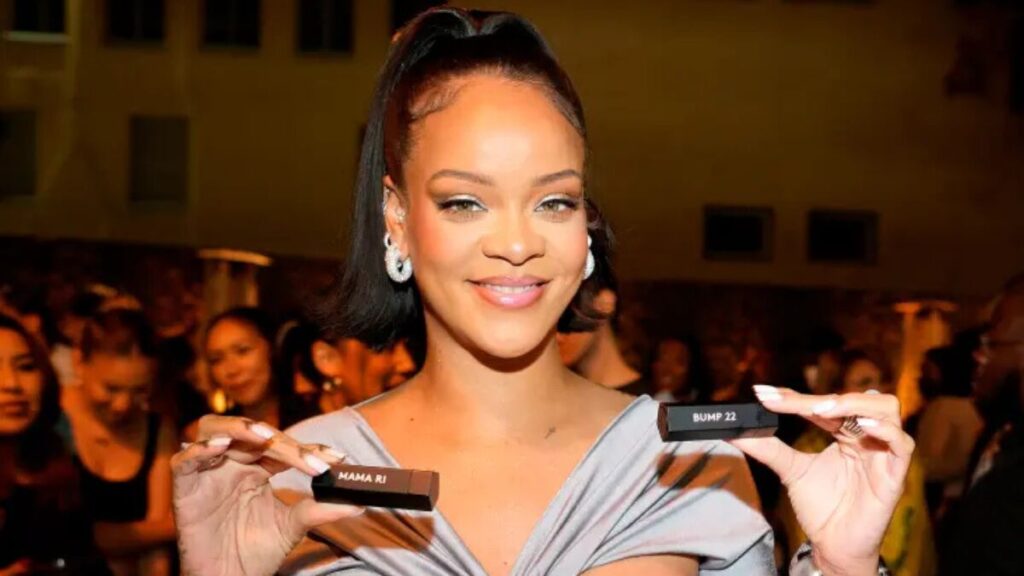
Crucially, these moves don’t feel like a reach. They align with Fenty’s core mission: serving underserved consumers with high-quality, inclusive products. In an era where beauty merges with wellness and identity, Fenty’s expansion feels like a natural evolution, not a cash grab. If anything, fans are eager — they trust the brand to deliver the same attention to detail and diversity that made its makeup a global must-have.
IPO Speculation & Investor Buzz
Talk of a Fenty Beauty IPO has swirled for years, and in 2025, the whispers are louder than ever. With a multi-billion-dollar valuation and global brand recognition, going public could catapult Rihanna’s net worth to new heights — and turn Fenty into one of the most valuable celebrity-founded brands in history.
But is it realistic? Investor appetite for culturally resonant, founder-driven brands is strong, especially when paired with solid fundamentals and a trusted name like LVMH behind the scenes. Still, Rihanna has played the long game, keeping Fenty private and purpose-driven. While fans may dream of owning a piece of the brand, the move would need to align with her vision, not just Wall Street’s. For now, the buzz continues — and the beauty world watches.
Fenty’s Valuation Isn’t Just Numbers—It’s a Cultural Shift
Fenty Beauty’s billion-dollar valuation isn’t just a testament to smart strategy — it’s a signal that the beauty industry, and the culture around it, has changed for good. Rihanna didn’t just build wealth; she built a model where inclusion drives innovation and authenticity fuels global success.
In doing so, she’s redefined what it means to be a founder, a mogul, and a modern icon. Fenty isn’t just reshaping shelves — it’s reshaping standards. And as the brand evolves, one thing is clear: this isn’t a trend. It’s a movement still gaining momentum.
Mohit is a finance and entertainment writer specializing in celebrity wealth, brand strategy, and media empires. As Co-Founder of TheNetWorths.com, he brings over a decade of experience analyzing public income streams, endorsement deals, and the evolving creator economy.















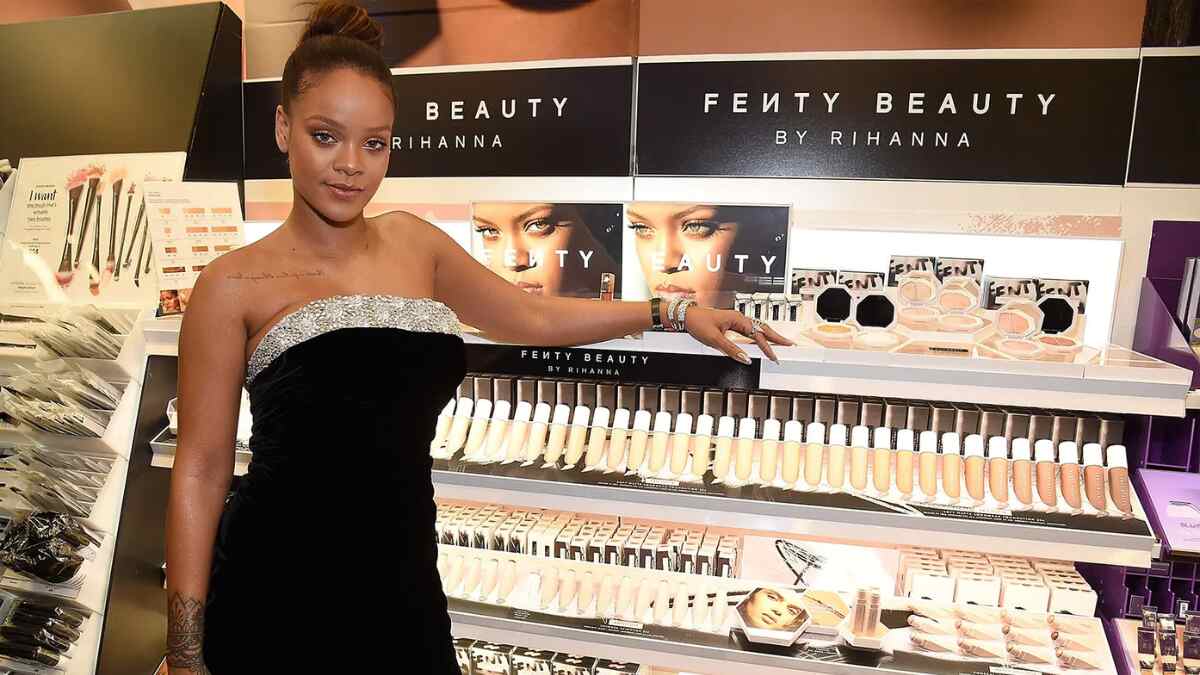
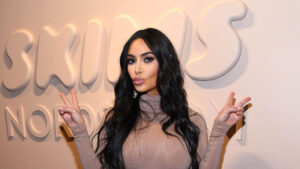
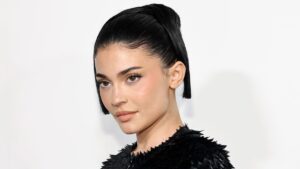
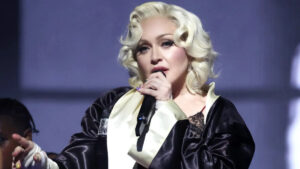
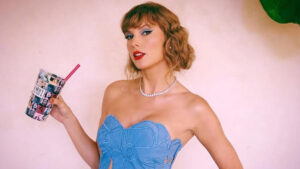
4 thoughts on “Fenty Beauty Valuation 2025: How It Drives Rihanna’s Billion-Dollar Fortune”